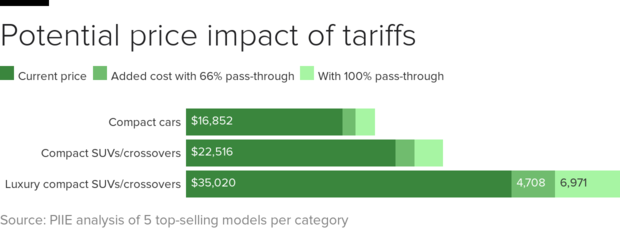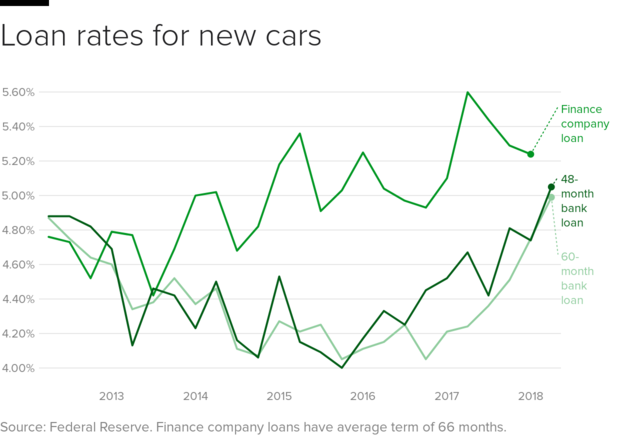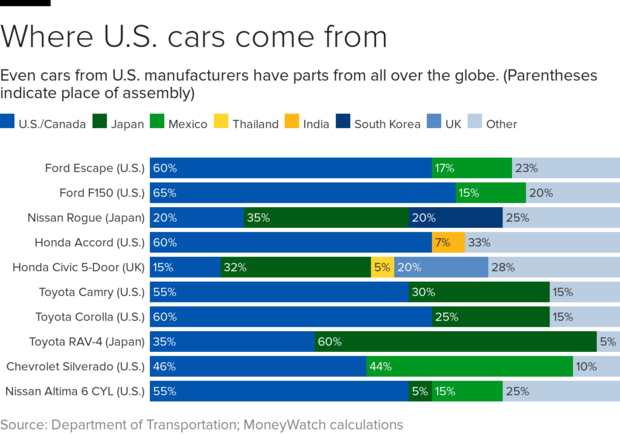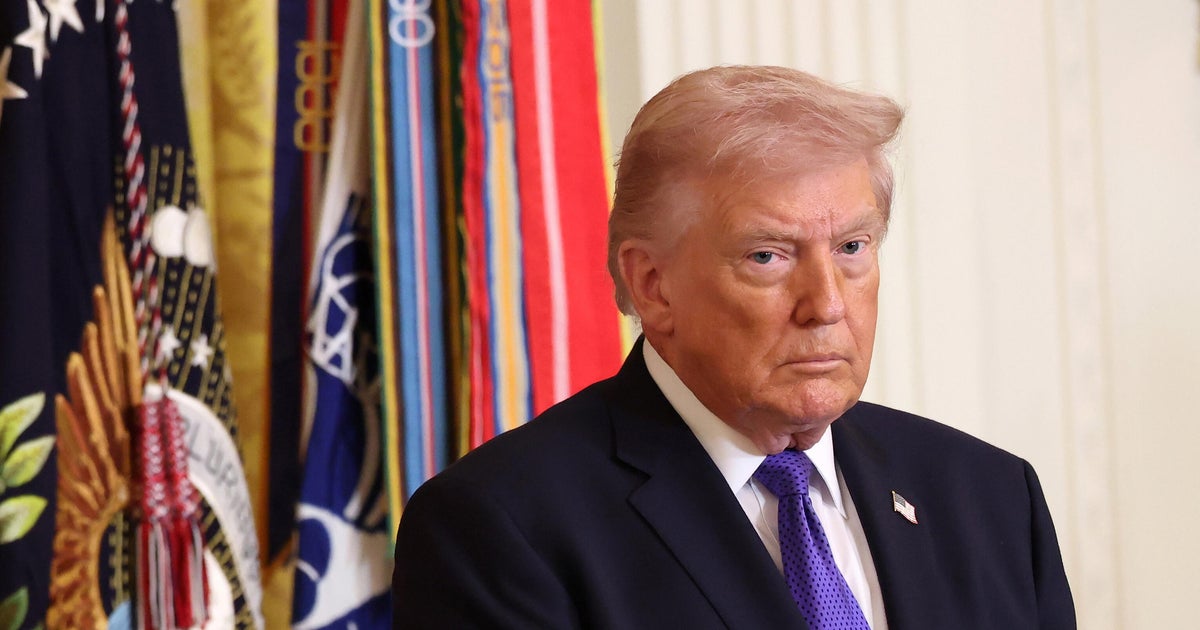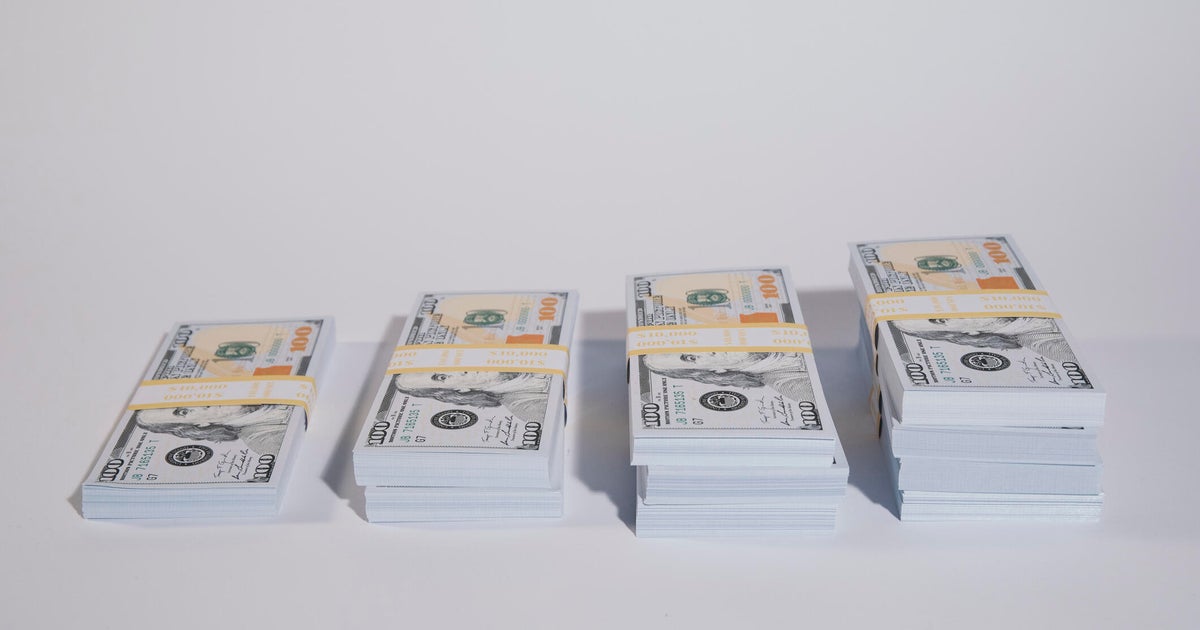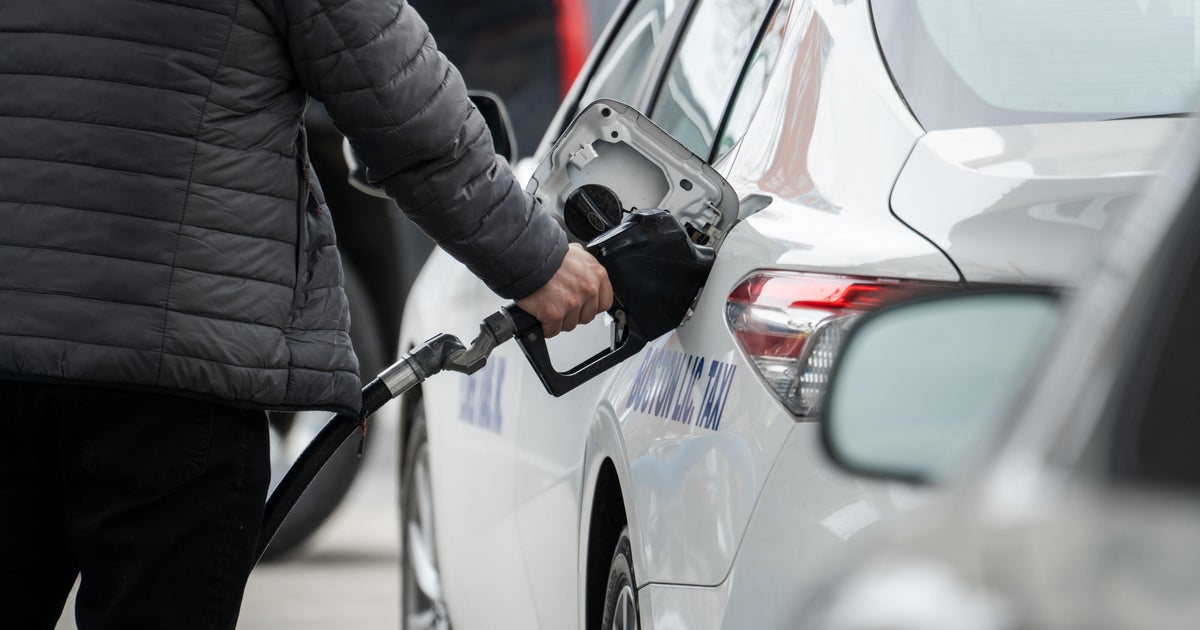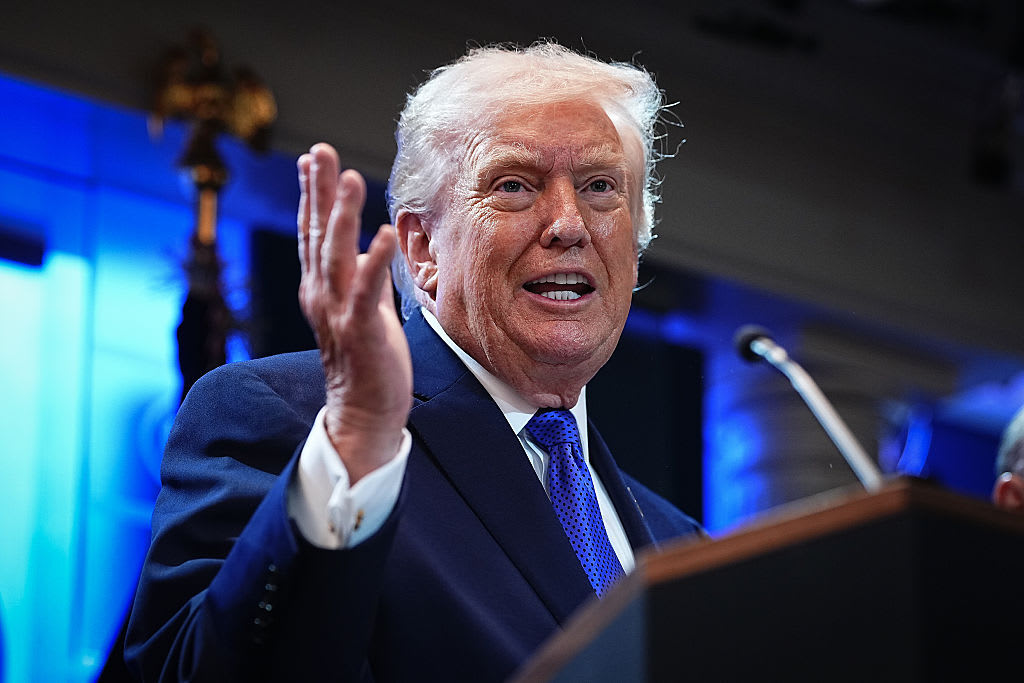As auto tariffs loom, is now the time to buy a new car?
The Trump administration is considering slapping auto tariffs on imported vehicles and parts. That means consumers in the market for a new car might want to buy those wheels sooner than later, experts say.
Depending on the model, prices for some popular vehicles could jump as much as $7,000 if tariffs under consideration are enacted, estimates show. Meanwhile, although it may be months before Mr. Trump decides on if, when and how to impose auto tariffs, prices are still likely to climb soon because of other factors. That's because interest rates for auto loans are rising along with broader U.S. borrowing rates, and a recent dip in sales could force automakers facing higher costs to push up list prices to preserve profit margins.
In the short term, the immediate threat seems to have abated after President Trump and European Commission President Jean-Claude Juncker on Wednesday said they were working to eliminate all tariffs between the trading partners. But success in hammering out a formal agreement is far from assured. And U.S. tariffs on steel and aluminum imports implemented earlier this year are already raising costs for automakers, including GM and Ford, while the Commerce Department continues to examine putting a 25 percent tariff on auto and parts imports.
Here are some things to consider if you're wondering whether now is a good time to purchase a car.
Above all, make sure you're ready to buy
If "you're psychologically there, you want the new car, you have the money and all those things line up, that's, in my opinion, more important than trying to chase this ghost of 'when is the perfect time to buy,'" said Eric Lyman, a chief analyst for TrueCar.
Traditionally, the weeks leading up to Labor Day and the end of December have been the best time to go car shopping. That's when auto dealers need to move new models off the floor, Lyman said.
Delaying your purchase means possibly paying more
Mr. Trump has proposed 25 percent tariffs on all imported vehicles and their parts. Even with yesterday's agreement in principle with the EU, experts still think the U.S. is likely to proceed with some kind of auto tariff sometime down the line.
"It does create a risk. It puts nearly half of vehicles sold in the U.S. at a pretty substantial price premium, assuming all, or at least part, of that gets passed onto consumers," said Jeff Schuster, president of the Americas and global vehicle forecasts for LMC Automotive.
"In light of that, if a consumer is in or near a decision to purchase a new vehicle, it might not be a bad time to do so ahead of the possibility of the price increase," Schuster said. "Because not only would imported vehicle prices rise, we'd expect all prices to rise."
Tariffs would hit auto buyers in the pocketbook -- hard
In the U.S., tariffs could raise the price of an entry-level compact car between $1,409 and $2,057, according to a July study from the Peterson Institute for International Economics. The price of a new compact SUV/crossover, the most popular vehicle in America, could jump upwards of $3,000, while more upscale models in this class could see hikes of double that amount because they have more foreign parts and would face higher tariff-related costs.
"Since all cars contain foreign content, even ones made in the United States, and consumers can choose among similar models across brands, average prices are expected to go up whether the car is imported or made in the United States," analysts led by Mary E. Lovely, wrote in the PIIE study.
Vehicle prices are likely to rise regardless of tariffs
The Federal Reserve is hiking interest rates in a bid to temper inflation -- that means more expensive auto loans and less attractive lease rates. Monthly auto payments reached a record high in the first three months of the year, according to Bloomberg.
The average new vehicle loan amount hit a record $31,455 in the first quarter, according to a report by Experian. The monthly payment for a new vehicle climbed to $523, also a record. Meanwhile, the average interest rate for a new vehicle was 5.17 percent, during the quarter, up from 4.86 percent a year ago.
A good time to buy used
A record number of vehicles were leased in 2015. That means a record number are coming off lease and into dealer showrooms. Since those vehicles are traditionally sold to used car dealers, car buyers might find deals.
Many used models have the same features found in new vehicles and sell for thousands less, offering consumers a relative bargains, LMC's Schuster notes.
But tariffs would hit new cars
The auto industry is so globally integrated that it may be impossible for a single brand to escape if Mr. Trump imposes auto tariffs.
The average car assembled in the U.S. has just 50 percent of its parts made on American soil, and that's regardless of whether the consumer considers it a U.S. brand, according to a recent analysis by investment bank UBS.
For example, Fiat Chrysler vehicles have 58 percent U.S.-made parts, while BMWs have just 24 percent. Traditional U.S.-based brands GM and Ford have 49 percent and 55 percent U.S.-made parts, respectively, the UBS analysis found.
Automakers are already feeling the pinch
Ford and GM this week both lowered their profit forecasts for the year, in part because of higher costs stemming from the steel and aluminum tariffs Mr. Trump put in place earlier this year.
"Our biggest exposure, our biggest unmitigated exposure is really steel and aluminum when you look at all of the commodities," GM Chief Financial Officer Chuck Stevens said this week. "And frankly, the biggest driver of that is steel."
Don't try to figure out how much of your U.S.-brand car is made abroad
A huge number of autos are assembled on U.S. soil, but with many foreign parts in them. That makes it hard even for a professional, let alone a consumer, to figure out what kind of tariffs a given vehicle could face. Manufacturers and dealers may choose to spread higher costs out across models, rather than a direct raise per part, TrueCar's Lyman said.
You likely still have some time
Even as Mr. Trump threatens auto tariffs with frequency, the U.S. government must go through specific steps before imposing tariffs. They're in the middle of that process now, and technically it could take months before an actual tariff is implemented.
-- The Associated Press contributed to this report
